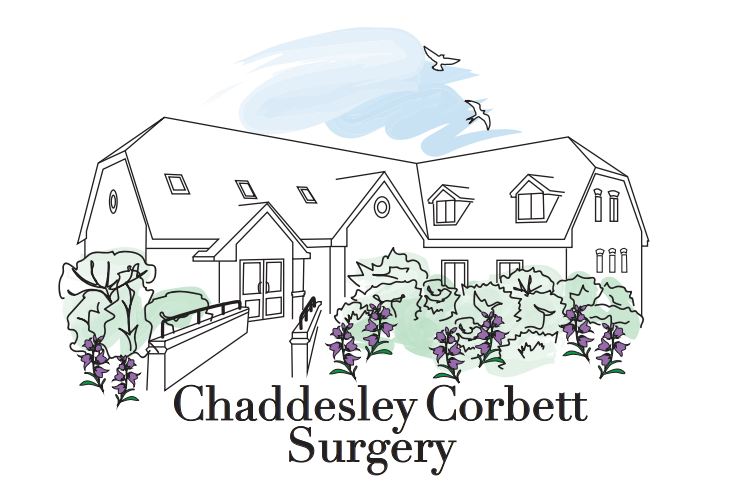
When a Loved One Dies.
What you need to do in the unfortunate event of a death.
Introduction.
Losing a loved one, is of course, one of the most distressing events that can happen to anyone. This guide is designed to help you manage as best you can by giving you some of the vital information you will need.
Whether you are able to read it in advance because of a known diagnosis or whether something has suddenly happened, we hope that you will find it useful.
The doctors and team at the Practice are here to help, and this guide will also help guide you to the many other people and organisations that are there to support you through a difficult time.
In the event of a sudden death.
Contact the emergency services on 999.
Both Ambulance and Police will be mobilised. You should leave the area untouched, except for any action needed for resuscitation.
If there is any suspicion that a crime has been committed, then the police family liaison officer will guide you through the process.
Expected Deaths.
Contact your GP as soon as you are ready.
01562 777239 during Surgery hours (between 8.00am – 6.30pm)
Out-of-hours - contact 111
If death occurs during the night (between 6.30pm and 8am) you do not need to contact a doctor until the following morning unless you want to.
The death can then be verified by either a registered Nurse or Doctor. They may fill out a Confirmation of Death certificate, please note, that this is not the official Death Certificate. The nurse or doctor will confirm to you that everything necessary has been done to ensure that the person’s body can be left in situ and for how long.
Please be aware that even in the case of an expected death you are likely to feel shocked and distressed. It is a good idea to make yourself some strong tea – with sugar! – and to take things slowly. Bear in mind that you may not take in information as readily as usual, and you may want to write things down in order to remember them.
The funeral director can then be contacted and the deceased released to their care. They are there to offer lots of helpful advice – and you can talk to them if you have concerns of any kind.
The Death Certificate.
Once the GP has received confirmation of a death, they will begin the process of completing the death certificate.
Once the certificate has been completed, it is sent to the Medical Examiner for approval. The Medical Examiner’s role is to agree that the cause of death is appropriate and advise on wording to ensure it is accepted by the registrar. This can take some discussion between the GP and Medical Examiner to ensure there is not a delay when the family register the death with the registrar.
The Medical Examiner will contact the family to get their thoughts about the cause of death and to discuss their experience.
Once the death certificate is approved, the Medical Examiner will send it to the Registrar and notify the family that they can now make an appointment to register the death.
The GP will only refer the case to the Coroner if they believe the death may be due to unnatural causes. If this happens, the family will be kept informed of the GP’s decision and any updates we receive from the Coroner. The Coroner will then review the medical notes to decide on a cause of death, if they are able to identify a cause of death they will then instruct the GP on how to complete the Death Certificate. In very rare cases, if a cause of death can’t be identified by reviewing the medical notes, the Coroner may advise a post-mortem.
If the deceased was subject of a DOLS (Deprivation of Liberty Status), the coroner would also be informed prior to the death certificate being issued. This may apply to patients in care and nursing homes, so this should be established with the care home, coroner’s office or surgery as it may not be lawful to proceed with the funeral until the coroner has given permission.
Registering the death.
The family will be informed by either the Medical Examiner or the Registrar, that the Death Certificate has been received and a relative can now arrange an appointment with the Registrar to register the death. You can call them on 0845 603 2859.
The process takes about 30 minutes and the registrar will guide you.
You will almost certainly need extra copies of the death certificate in order to inform the bank and other services. The registrar can provide them for you, there will be an extra charge for them, but they will be less expensive than asking for them later.
If possible you should take:
Birth Certificate
Marriage Certificate
Documents regarding their state pension or allowance
Don’t worry if some or all of these documents are unavailable, the registrar will still be able to register the death.
Information Required by the Registrar
Date and place of death
Address of the deceased
Full names including the birth name of a married woman, any former married names and any other names by which the deceased was known.
Place and date of birth, the country of origin for people born outside the UK.
Their current or former occupation
Details of their husband, wife or civil partner
Whether they had any Government pension or allowance.
